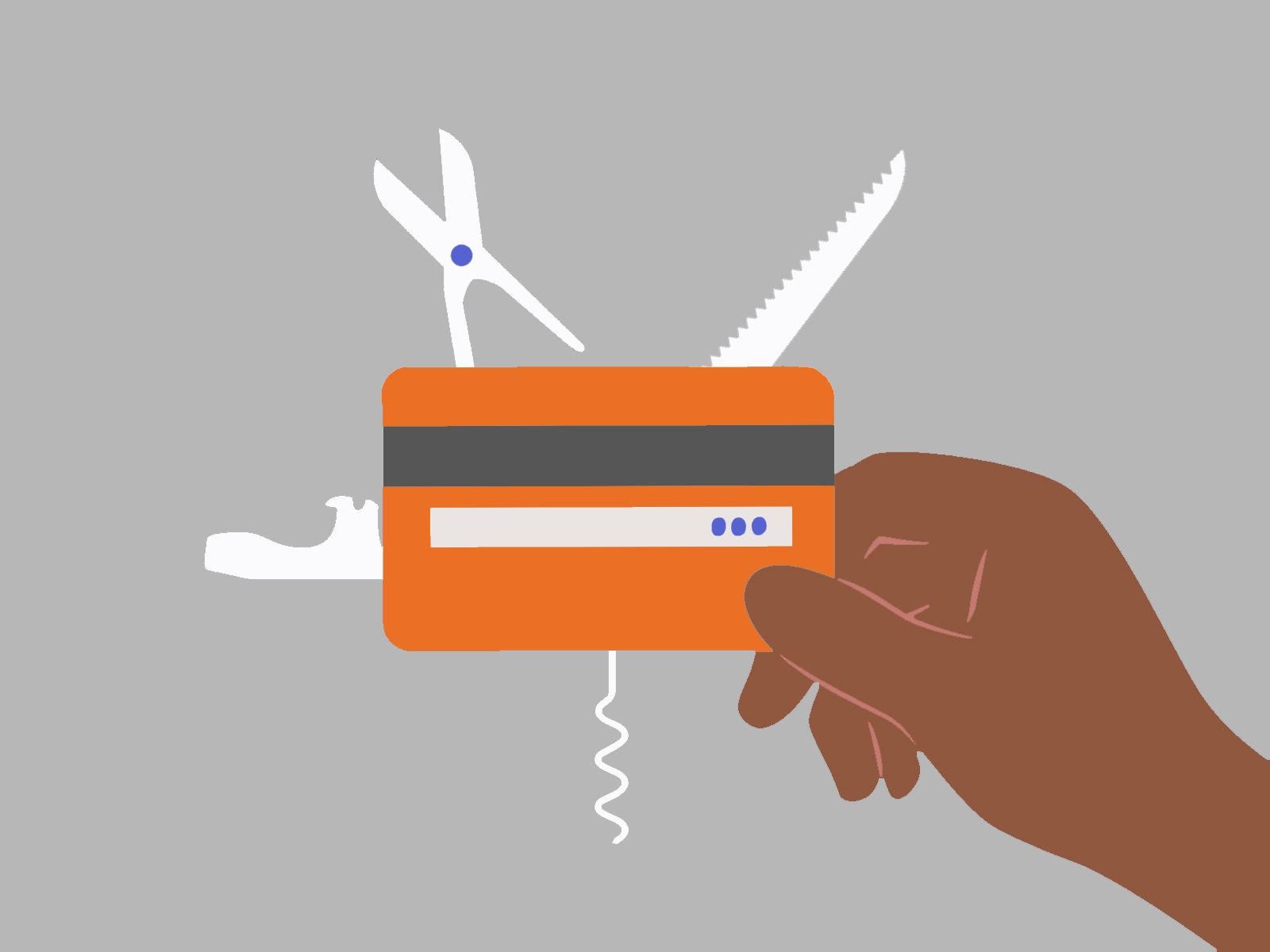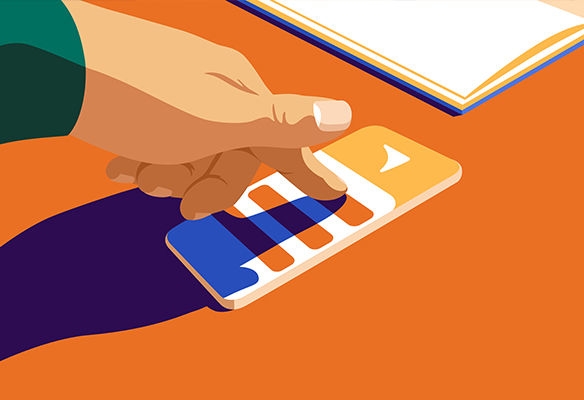How to build a good credit history as a student | Tangerine
Your credit history matters at every age and stage in life. If you want to buy or lease a car, rent an apartment or get a mortgage, you need a good credit history. How do you build your credit history when you're just starting out as a student?
Get a credit card
The simplest way is to get a credit card, buy a few things with it, and then pay the bill or the minimum payment by the due date. And, as long as you pay your balance in full and on time, you don't pay any interest. You'll show the credit card company — which reports to credit reporting agencies — that you're a low-risk borrower, unlikely to default on your payments. That builds good credit history.
Anyone the age of majority or over can apply for credit, and many banks allow students to get a first credit card, even with no credit history.
Be on time with your payments
Pay all your bills on time: rent, telephone, electricity and anything else you owe. Many twenty-somethings have student debt to pay off after graduation. Here's a chance to build your credit history by ensuring you make your monthly debt repayments on time once they kick in. It's a good idea to regularly monitor your chequing account to ensure you have enough saved up to make your payments. The same goes for any other debt you have, because missed or late payments get reported to the credit reporting agencies — and they blemish your credit record.
It's important to at least pay your minimum payment on time. Most lenders consider a good score to be between 660 to 900, so keep on making those on-time payments to continue building up your score.
Beware of fraud, identify theft and other scams
Credit cards offer fraud protection online, and many cards offer zero fraud liability, but it's still important to learn how to be safe with your personal information.
One way to prevent becoming a potential fraud victim is to avoid disclosing your key personal information on social media. This means not disclosing information such as your address, phone number and birthdate, which is what fraudsters use to apply for credit cards under your name. Also, beware of any scheme promising to help you build or repair your credit history. You're the only person who can do that. If you suspect credit fraud or identity theft, report it immediately. The Financial Consumer Agency of Canada provides resources and information on what to do in these situations.
Accept and enjoy the perks – you’ve earned them
There are many ways to check your credit. Several online tools can allow you to see your credit score. A number of banks, including Tangerine, offer this feature through their online banking. Or you can go to Equifax or Transunion's website to check your score for free.
Once you've shown a solid payment history, your financial institution might send you a friendly notice that you've been pre-approved for a credit limit increase.
Congratulations! You now have some credit history.
Earn $2501 and 4.50% Savings rate†
Open a Chequing Account and move your pay. Plus open a Savings Account for this great rate.









